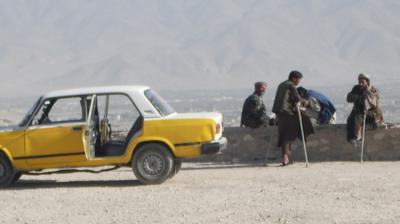Political corruption: An introduction to the issues
How to cite this publication:
Inge Amundsen (1999). Political corruption: An introduction to the issues. Bergen: Chr. Michelsen Institute (CMI Working Paper WP 1999:7)
Corruption is generally defined as the misuse of public authority, and political corruption is here defined as corruption in which the political decision-makers are involved. In addition to a review of the various definitions of corruption a classification of the various forms of corruption (bribery, embezzlement, fraud and extortion), this paper presents two alternative theories on corruption ("extractive" and "redistributive") in order to illustrate the effects of corruption in various regime types. Furthermore, the paper presents some causes and effects of corruption, in particular in economic and political terms. Finally, various sources of anti-corruption initiatives and endowement are discussed (even when the effect of democratisation in curtailing corruption is not too strong according to the possible source of corruption).
Please note: This working paper is more than 20 years old. An updated, extended and corrected version is published as the first chapter 'Extractive and power-preserving political corruption' of the book Inge Amundsen (ed.): Political Corruption in Africa. Extraction and Power Preservation. Cheltenham/UK and Northampton/MA/US, 2019, Edward Elgar Ltd.
The first chapter is available here. Please use and refer to this instead.


